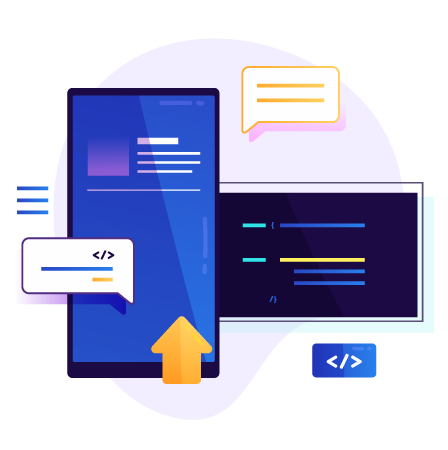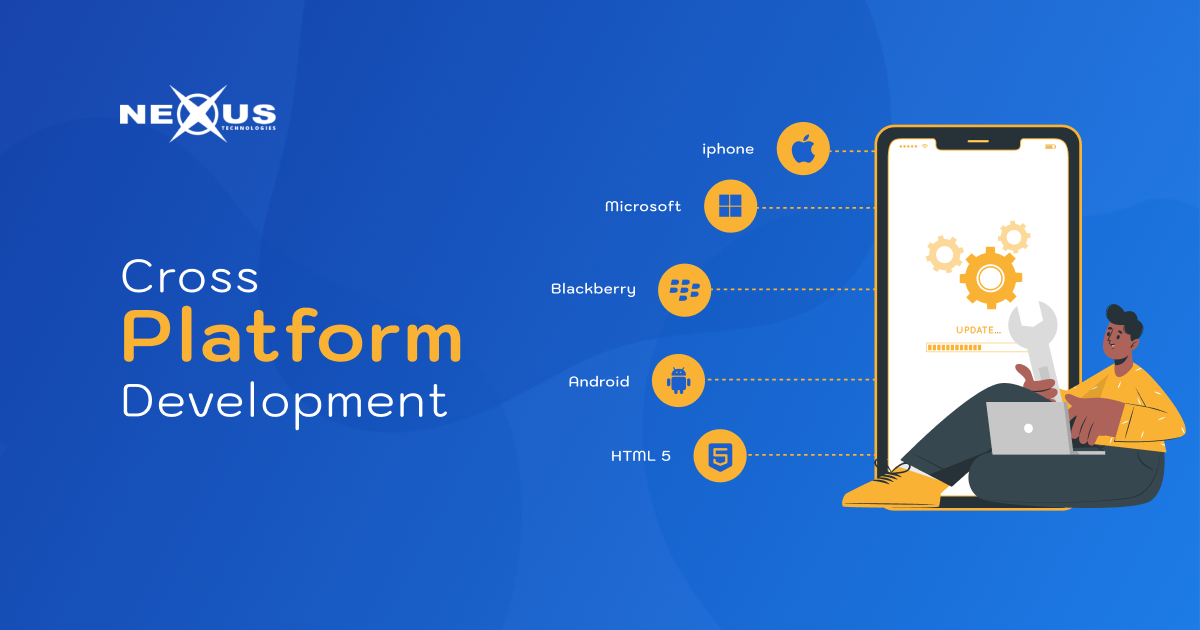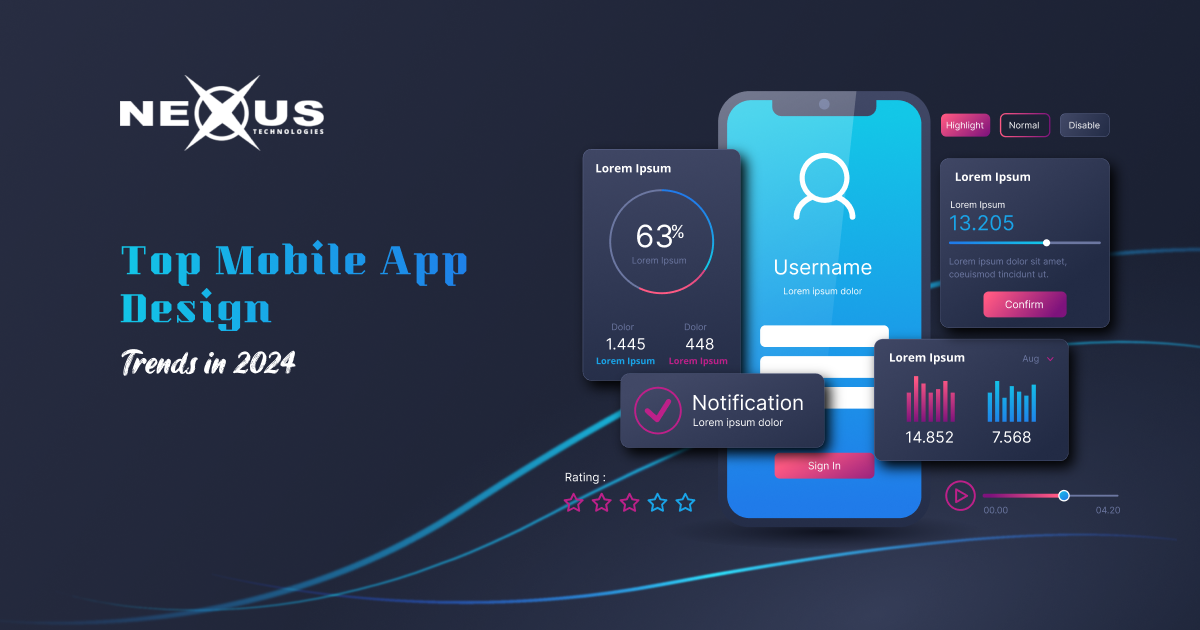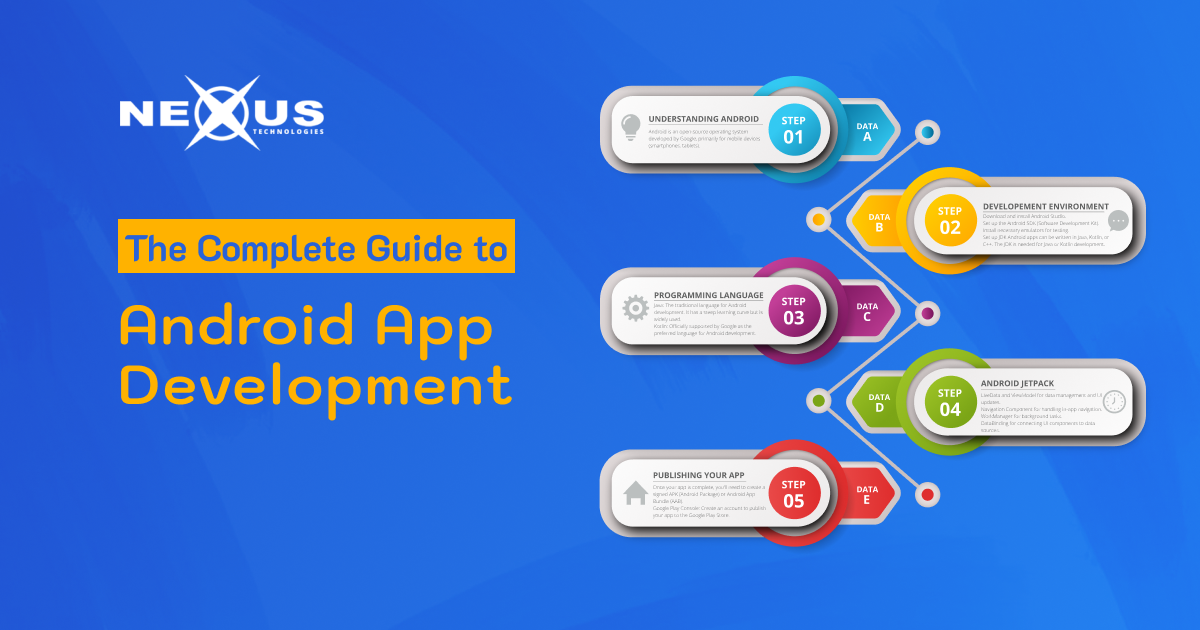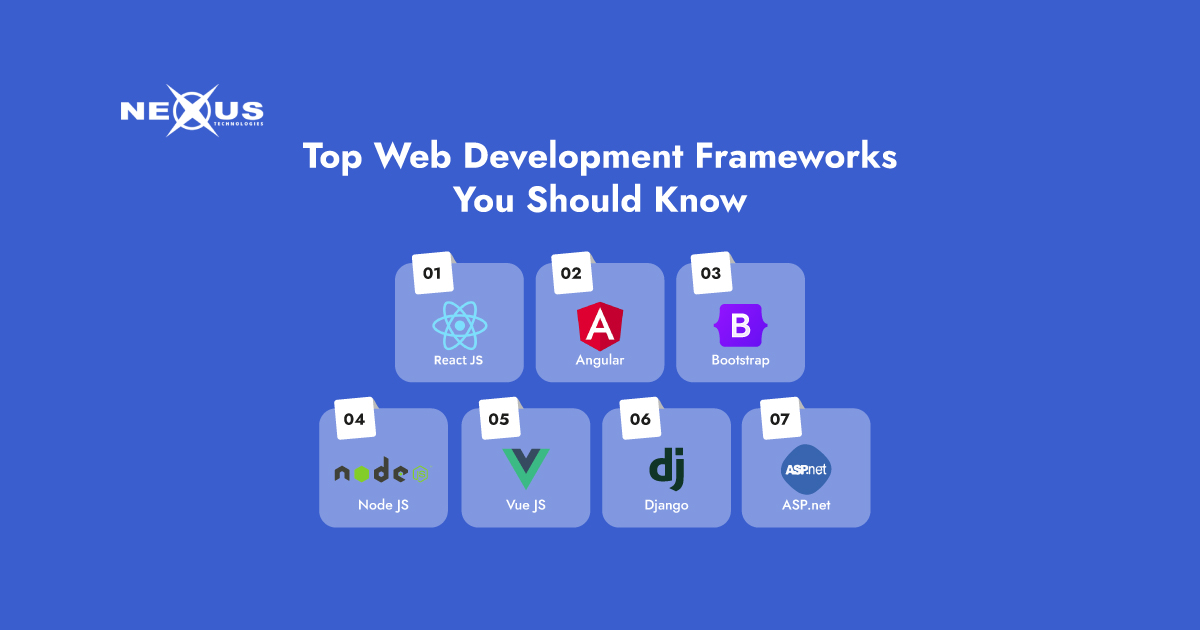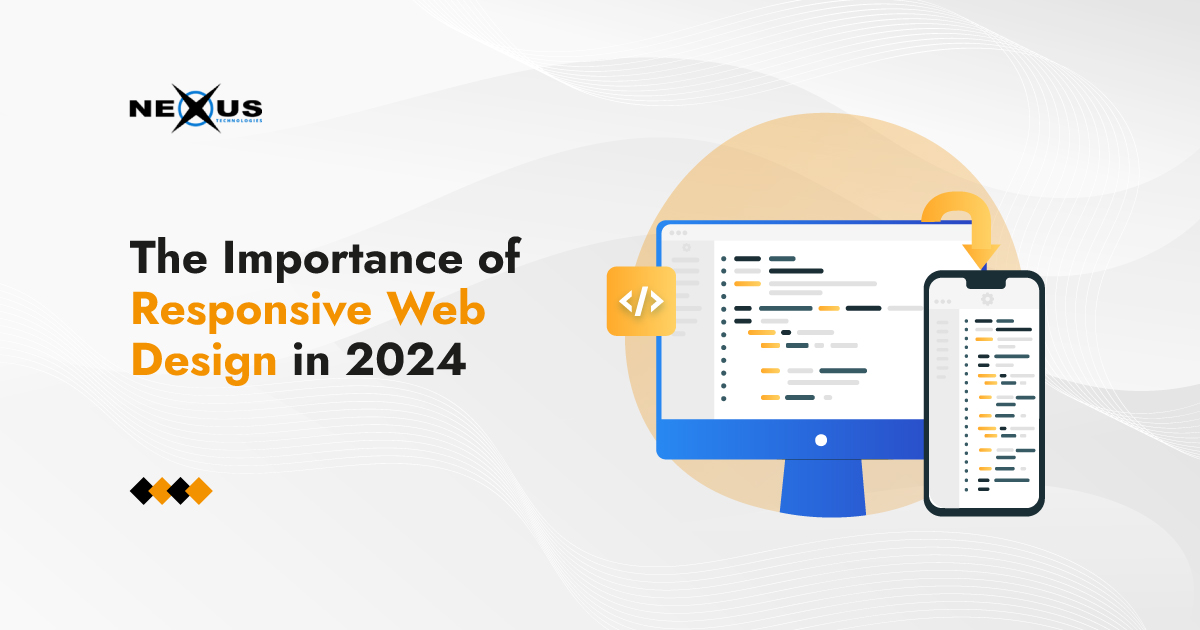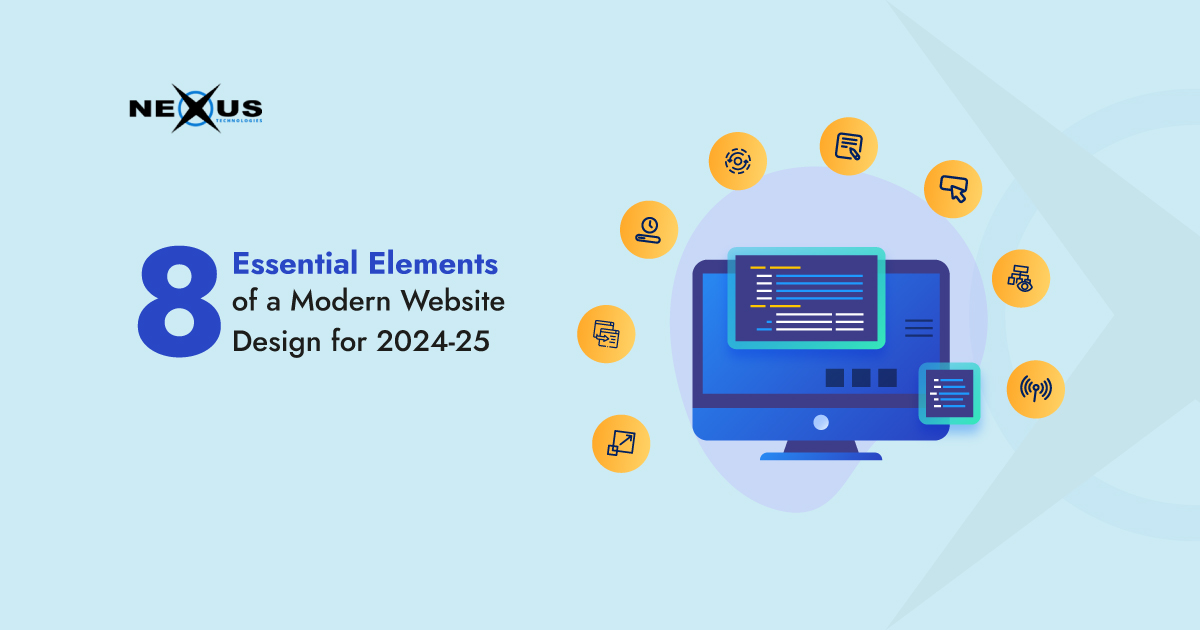In today’s fast-paced digital world, businesses need mobile apps that are accessible across multiple platforms to meet the growing demands of users. Developing separate native apps for Android, iOS, and other platforms can be time-consuming and expensive. This is where cross-platform development comes into play, offering an efficient way to build apps that run smoothly on multiple operating systems.
In this guide, we’ll explore the key benefits of cross-platform development, popular frameworks, and how it can save time and resources for businesses.
1. What is Cross-Platform Development?
Cross-platform development refers to building mobile or web applications using a single codebase that works across multiple platforms—such as Android, iOS, and Windows. Instead of writing separate code for each platform, developers use cross-platform frameworks to deploy the app on different devices seamlessly.
2. Key Benefits of Cross-Platform Development
1. Faster Development Time
With a single codebase, developers can write the code once and deploy it on multiple platforms. This reduces the time needed to build and test apps for individual operating systems.
2. Cost-Efficient Solution
Developing and maintaining separate native apps can be expensive. Cross-platform development lowers costs by reducing development efforts and cutting down on team size.
3. Wider Audience Reach
Launching your app on both Android and iOS at the same time allows you to reach a broader audience. This increases your brand visibility and boosts downloads across app stores.
4. Easy Maintenance and Updates
With one codebase to manage, making changes or rolling out updates becomes quicker and simpler. Developers can deploy new features across all platforms simultaneously.
5. Consistent User Experience
Cross-platform frameworks help maintain a consistent look and feel across different devices, enhancing the user experience and ensuring brand uniformity.
3. Popular Cross-Platform Frameworks
- Flutter: Developed by Google, it offers fast development with a reactive UI.
- React Native: Powered by Facebook, it is widely used for building apps with native performance.
- Xamarin: A Microsoft product that integrates seamlessly with .NET for cross-platform app development.
- Ionic: Uses web technologies (HTML, CSS, JavaScript) to create mobile applications.
- Unity: Popular for building cross-platform games and interactive 3D content.
4. Use Cases of Cross-Platform Development
- E-commerce Apps: Businesses benefit from launching on multiple platforms simultaneously to engage customers.
- Social Media Platforms: Cross-platform development ensures accessibility for a broader audience.
- Business and Productivity Apps: Fast updates and easy maintenance keep users productive.
- Games: Games built with Unity and other cross-platform tools reach players on both Android and iOS.
5. Challenges of Cross-Platform Development
While cross-platform development offers many advantages, it has some limitations:
- Performance Issues: Some apps may not be as fast as native apps, especially those requiring heavy processing.
- Platform-Specific Features: Accessing hardware or OS-specific functionalities can be challenging.
- UI Differences: Adapting the UI to meet the guidelines of both Android and iOS can be tricky.
6. Native vs. Cross-Platform: Which One is Better?
- Native Development is ideal for performance-intensive apps, such as games or AR applications.
- Cross-Platform Development is better suited for apps requiring rapid deployment and a wider reach.
If your goal is to reduce time-to-market and reach multiple platforms without compromising too much on quality, cross-platform is the way to go.
7. Future of Cross-Platform Development
With continuous advancements in frameworks like Flutter and React Native, cross-platform development is becoming more efficient. Developers can now create apps with near-native performance, improved UIs, and better access to platform-specific features.
Additionally, progressive web apps (PWAs) are emerging as a popular cross-platform solution, blending the features of native apps and web apps.
Conclusion
Cross-platform development offers an effective way for businesses to build mobile applications quickly and cost-efficiently. With the right framework, companies can provide a seamless user experience across devices and expand their audience reach.
Looking to develop a cross-platform app? Our experts can help you create an engaging and high-performance application that works across Android, iOS, and more!






